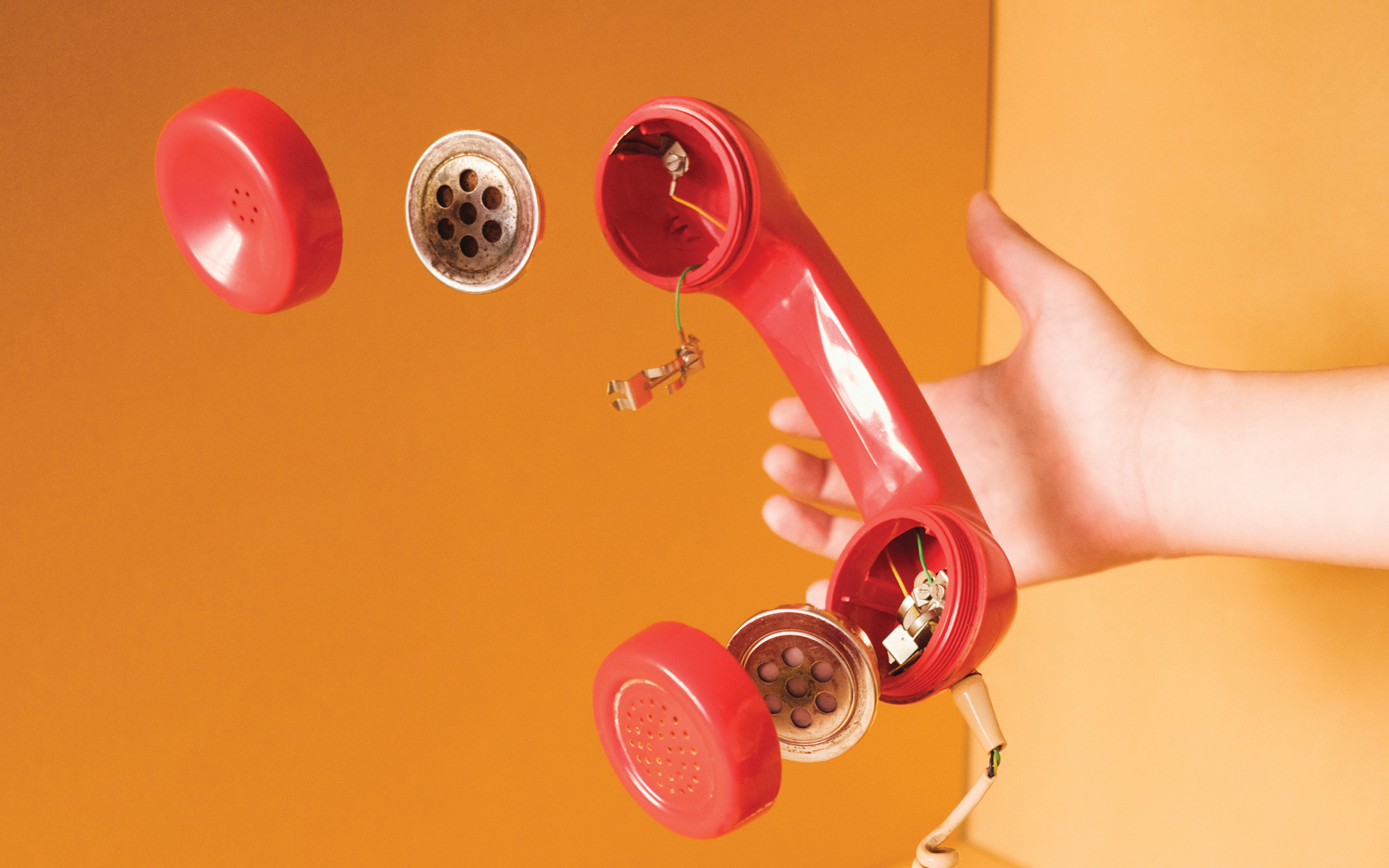I’m on my fifth phone call to the customer service line when I finally get an answer. After what feels like an eternity of pressing extension numbers, getting transferred, and being forced to listen to hold music that feels like a deliberate torture device, the maddeningly cheery customer service rep explains to me why the computer I ordered—and paid for—
is never coming. Ever. And then, to top it off, she has the nerve to tell me the company “appreciates my business.” I want to scream. I want to unleash my outrage and indignation on the woman paid to deliver this terrible news. But instead I take a deep breath and remind myself that we all want to be happy, appreciated, respected, and heard. And that includes customer service representatives.
For the past few months I’ve made it a conscious goal to shift how I relate to unwanted interruptions. I try to be mindful in all my relationships, but for some reason my good intentions can quickly go down the toilet in the presence of a faceless pair of ears paid to listen to me rant. Spending hours on the phone being bounced around through call centers can incite strong emotions in me, such as outrage, victimization, and irritability. Sure, the call won’t last forever. Unfortunately, neither do the appliances, computers, warranties, and too-many-other-things that tether us to these frustrating entanglements.
I have started to see how much pain I can cause, both to myself and to the person on the other end of the receiver, by taking the attitude that these disembodied voices are the enemy.
It’s not always easy, but these unavoidable interactions offer ample opportunities to practice patience, mindfulness, and, most importantly, compassion. In my exploration, the first thing I learned is to cultivate curiosity →whenever I feel or hear myself starting to get rankled or impatient. I am increasingly able to see, know, and feel my triggers. I have become more aware of my language and tone when I am roaring for service. I have started to see how much pain I can cause, both to myself and to the person on the other end of the receiver, by taking the attitude that these disembodied voices are the enemy. At the end of the day, it comes down to me and a person just like me trying to work things out, even if it doesn’t work out the way I want it to.
Whether you share my tendency to get rowdy and rude, or you simply find yourself anxiously awaiting release from customer service limbo, the just like me practice is a great starting point for turning these small interactions into a deeper practice. It reminds us that everybody, every being, is, for the most part, just like me. Everybody wants to be happy, just like me. Everybody wants to avoid suffering, just like me. Everybody has moments of loneliness, sadness, hurt, and difficulty, just like me.
Explore This Practice for Customer Service Calls
As you listen to the please hold music, set the intention to be present, open, and curious. Bring awareness to your breathing. Feel your inbreath, feel your outbreath.
As you hold, take a moment to prepare:
The person I am about to connect with has a body that experiences joy and pain—just like me. This is a person who has hopes, dreams, and fears, just like me.
Once the call has begun, keep in mind:
The chances are pretty good that at some point, this person has known sadness, been disappointed, felt angry, hurt, abused, or confused. They have had to stand in lines, wait to be served, or fight for fairness, just like me.
Remember:
This person might have a family they love and care for, just like me. They probably need love and kindness and someone willing to hear them and know that they are a person, just like me.
As the call wraps up, send wishes of kindness and support to this person who is just like you:
May you be happy.
May you be free from pain and suffering.
May you know that you are appreciated.
May we all feel peaceful and live with ease.
And PS: Thank you for helping me.
Yes, I’ll hold.





